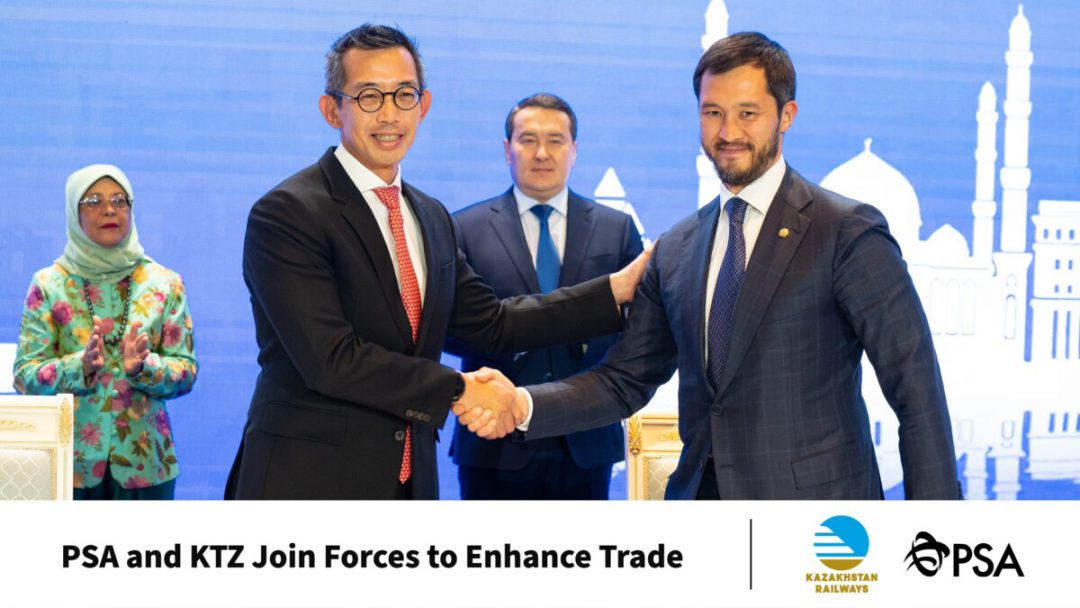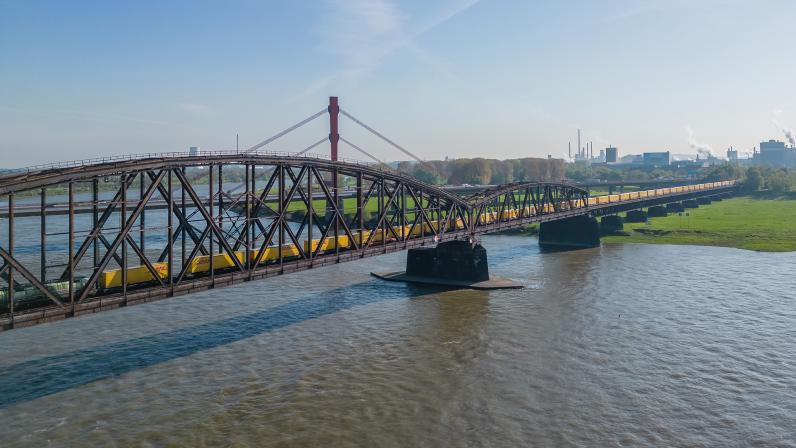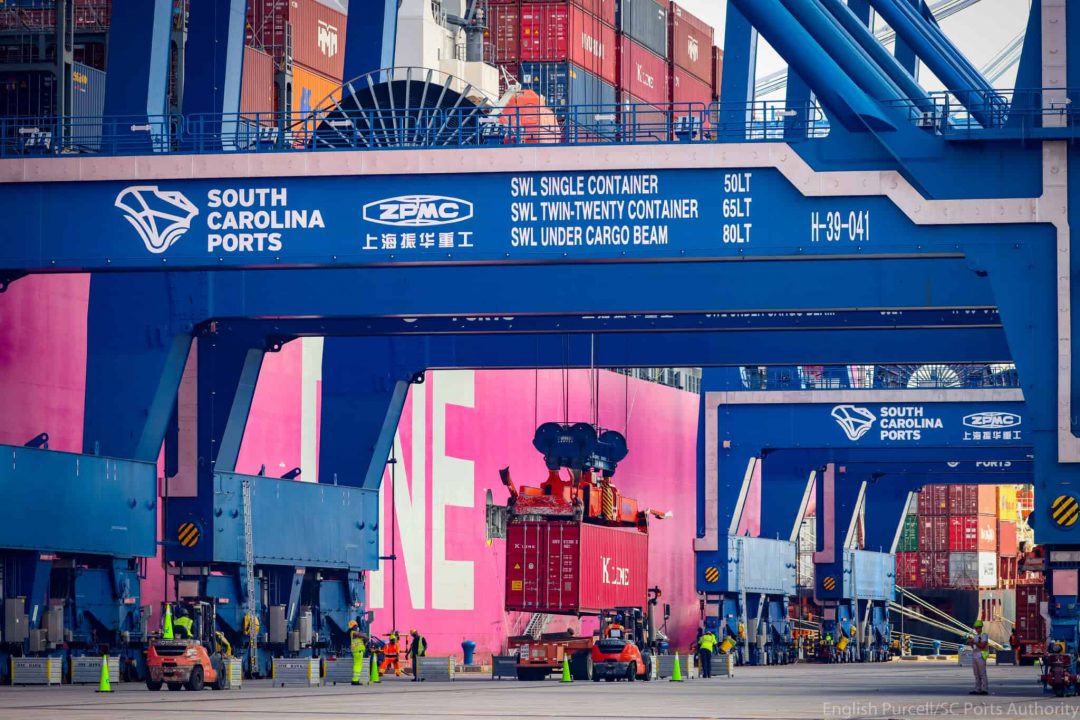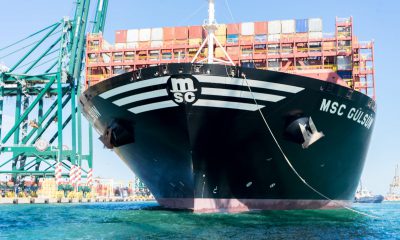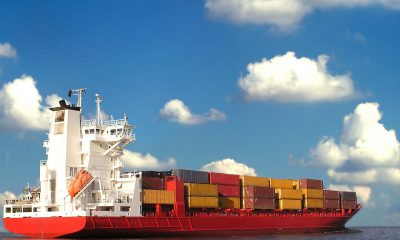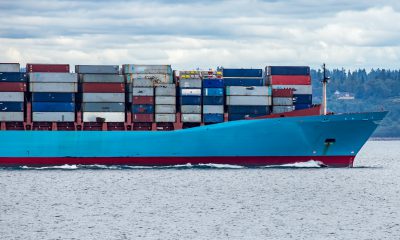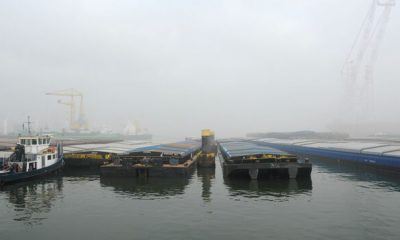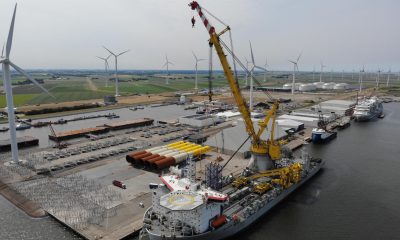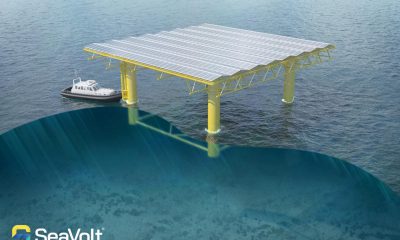South Carolina Ports provides reliable, fluid and efficient service to port-dependent businesses throughout the Southeast and beyond.
Thus far in fiscal year 2023, SC Ports has handled nearly 1.6 million TEUs (twenty-foot equivalent units) and 867,256 pier containers, which account for containers of any size.
In January, SC Ports handled 215,238 TEUs and 118,179 pier containers. This is down roughly 5% from last year with loaded imports softening year-over-year.
Loaded exports were up nearly 11% in January. This is a positive trend for a strong exporting region with a booming automotive industry.
The S.C. Department of Commerce reported that 2022 export sales totaled $31.5 billion, up 6% from 2021. South Carolina remains the national leader in the export of completed passenger vehicles and tires.
Shippers benefit from SC Ports’ efficient operations and Charleston’s deep harbor, which is now the deepest on the U.S. East Coast at 52 feet. The deeper channel seamlessly handles ships fully laden with heavy exports and imports.
SC Ports also offers a 7-day export receiving window that locks in 11 days before a vessel’s arrival, providing much-needed stability and reliability for U.S. businesses, farmers and advanced manufacturers needing to send goods overseas.
“Whether a farmer needs to export soybeans to international customers, or an automaker needs to import a part for its just-in-time manufacturing operation, companies know that SC Ports has a track record of delivering excellent service and customized solutions,” SC Ports President and CEO Barbara Melvin said.
SC Ports also handled 13,361 vehicles for the automotive sector in January. Inland Ports Greer and Dillon reported a combined 16,222 rail moves last month, with Inland Port Dillon handling a January record 3,709 rail moves.
Expanding intermodal capabilities
South Carolina Ports is one step closer to having near-dock rail at the Port of Charleston, further enhancing intermodal capabilities and making South Carolina even more competitive.
Thanks to $400 million in state funding, a site in North Charleston is being transformed into a modern, rail-served cargo yard. The Navy Base Intermodal Facility is set to open in 2025.
Class I railroads CSX and Norfolk Southern will serve the facility, in partnership with Palmetto Railways. Inside the Navy Base Intermodal Facility, rail-mounted gantry cranes will lead containers on and off trains.
The facility will seamlessly move cargo between the port and inland markets, as well as support SC Ports’ rail-served Inland Ports in Greer and Dillon.
“The Navy Base Intermodal Facility will ensure SC Ports remains competitive by enhancing rail capabilities, cargo capacity and speed-to-market for customers,” Melvin said. “South Carolina remains a powerhouse in attracting investment. As companies expand their operations and invest in new facilities, SC Ports is investing in critical port infrastructure to support this growth.”

